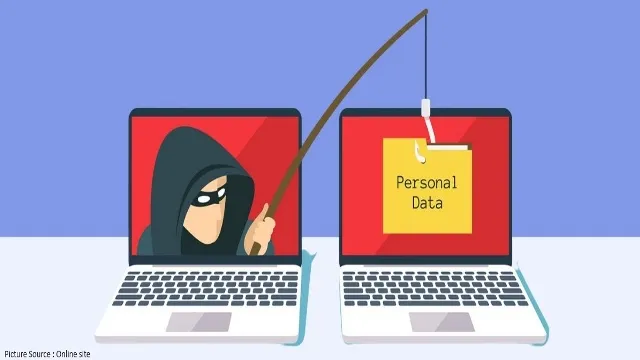How to recognize fake links made by hackers
Without understanding, many people often fall into the trap of hackers. Hackers create fraud traps in a variety of ways. One of them is fishing. Send messages to users by creating fake websites like login pages of different banks, Facebook, Instagram, G-mail, different organizations. By entering those websites, malware enters the user's mobile phone or computer. Through which hackers are getting access to those devices. Many a time you may have noticed messages or e-mails coming to you from a famous company, brand or site. Informing about various offers and requesting to enter the link to know more about them or to join them. They may seem genuine to you, but actually they are scams by hackers. Generally, these websites look exactly like the real website. But if you check very well, you can recognize the original fake.
Verify the e-mail address the
email or message came from. Check the domain of the website. Make sure that the
URL of the website contains HTTP or not. Also, is the URL spelled correctly?
Fake or fake website URLs usually contain these errors.
To identify fake or incorrect
information, first check whether there is a 'Forward' sign next to the message
on WhatsApp, Facebook or any social media. In most cases, fake messages are
forwarded to different people's messages.
The forwarded messages are not
written by the sender. That person may also have received the forwarded message
from someone else. Later, he may have sent the message to you. So if you have
received such a forwarded message from an acquaintance, then know its
authenticity first.
Many times, you will see fake
messages, misspellings or may have too many characters. Which doesn't really
mean anything, but since those texts are hyperlinked, tapping on them will take
you to another page. In some cases, a form may ask for your name, address,
phone number, bank account number, credit card number or passport number. Don't
forget to add this information to any page. These are the work of hackers.
Article Source: online News site

